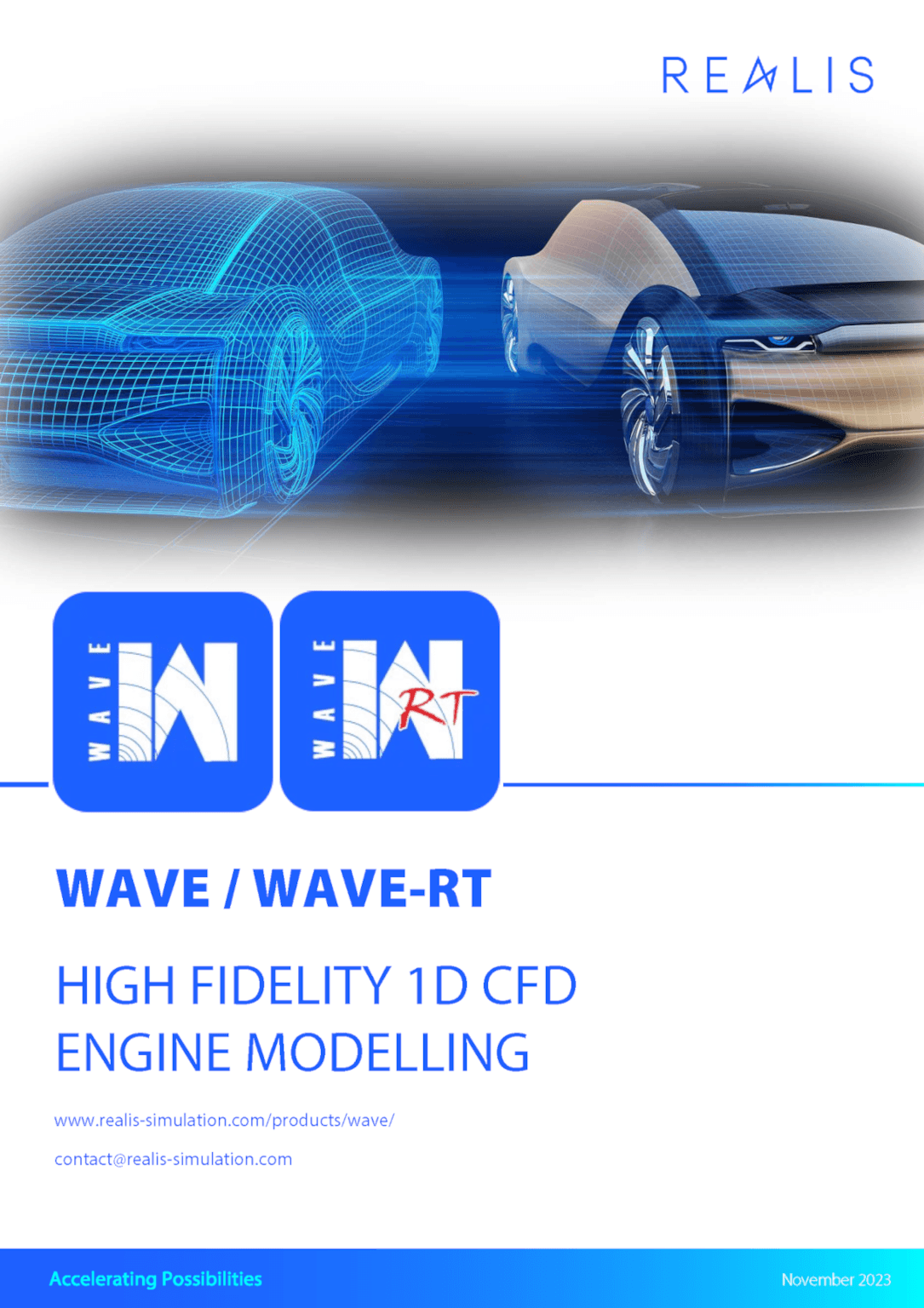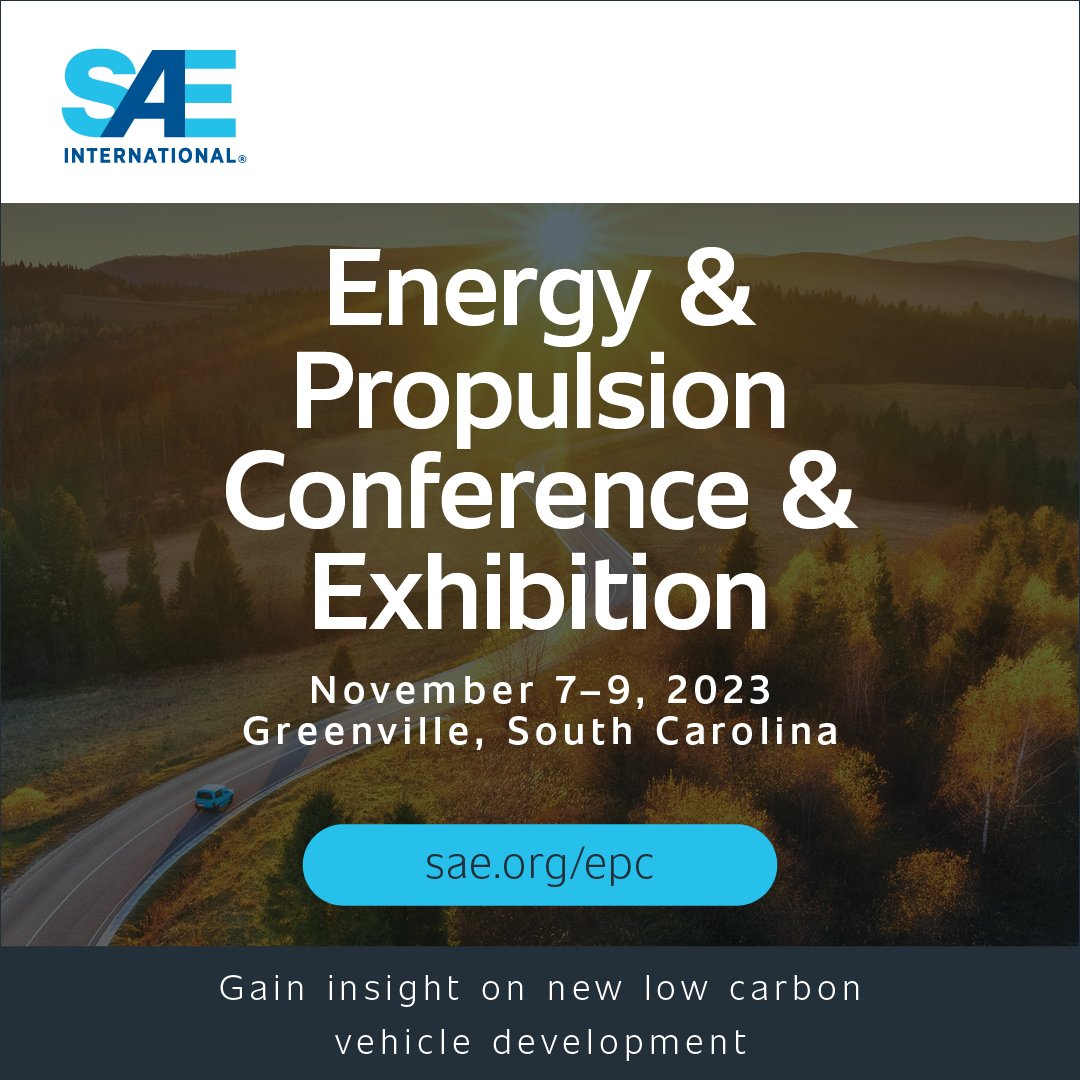
Electric vehicle NVH and efficiency using Motor-CAD and Ricardo Software


Electric vehicle NVH and efficiency using Motor-CAD and Ricardo Software
James Packer, Senior Electro-Mechanical Engineer, Motor-Design Limited.
Michal Brezina, Senior Product Manager, Structural Mechanics, Ricardo.
Virtual Simulation Event 2022
NVH is a very important consideration when designing an Electric Vehicle, as without the noise from an IC engine, tho tonal whine from both the E-Motor and the gears can be very audible and annoying. All the noise sources need to be considered; noise directly from the E-Motor, torque ripple exciting the transmission, and gear whine.
James Packer and Michal Brezina present how steps can be taken to improve the NVH performance of an EV powertrain. Firstly, at a component level using Motor-CAD to minimise E-Motor noise, and using both SABR and SABR-Gear to minimise gear whine. Secondly, the dynamic response is evaluated using VALDYN, where a transient, non-linear analysis is solved to consider the complete system.
You may also be interested in the Hybrid vehicle drive cycle energy consumption workshop which covers calculating multi-dimensional efficiency maps using SABR and imports those into IGNITE to predict drive cycle energy consumption. This workshop is of interest to those involved in the design and development of both hybrid and electric vehicle architectures.
Realis Simulation, formerly Ricardo Software.
Latest Resources


Using Analysis of the Ring Pack and Piston to Optimise Oil Consumption of Current and Future Engines
Technical paper